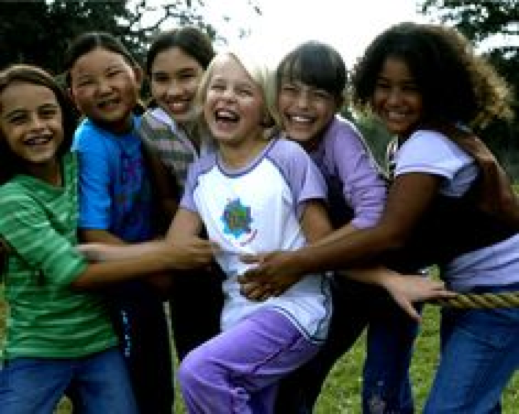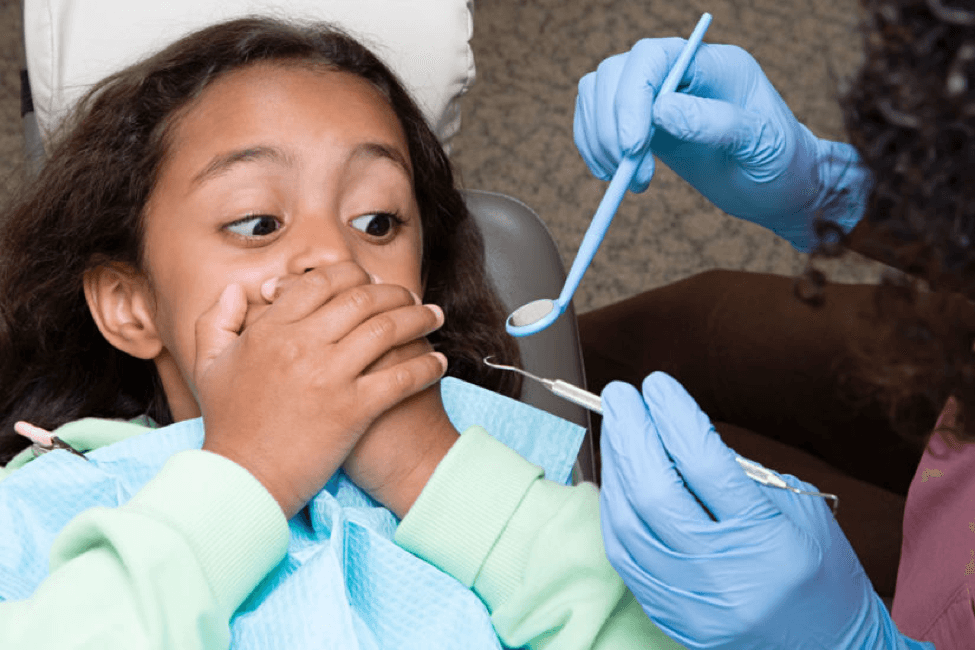One of the important hats that I wear is being a children’s author of faith-based books. My book It’s Not About You Mr. Easter Bunny – A Love Letter About the True Meaning of Easter tells not only the history of how “Easter” originated with bunnies and baby chicks, but of course also about the most important event in Christianity – the death and resurrection of Jesus. To augment your discussions or if you have not yet purchased my book, today’s blog addresses talking with your children about the day designated as “Good Friday”- the death of Jesus on the cross.
Writer Erin Mohrin said it well in her online article entitled Good Friday and Children: Making the Cross Real to Your Kids:
It is important to me that our children feel the contrast between Good Friday and (Resurrection) Sunday, because without the darkness, the light won’t shine as bright. God’s great love for us went on full display at the Cross. Experience that love with your children this year.
The death of Jesus on the cross is indeed a very sad occurrence but the focus should not be just on His physical death, but also the meaning of it. The cross represents pain and joy – the pain that Jesus felt when He was crucified and the joy we experience because Jesus died for our sins. It shows His overwhelming love for us and the extent to which He went to make sure that we would have everlasting life with Him in heaven.
There are many activities that children can do. The links below provide conversation starters with your children as well as an art activity. Please spend some time with your children to help them understand what Jesus did for us.
For more information, please visit:




